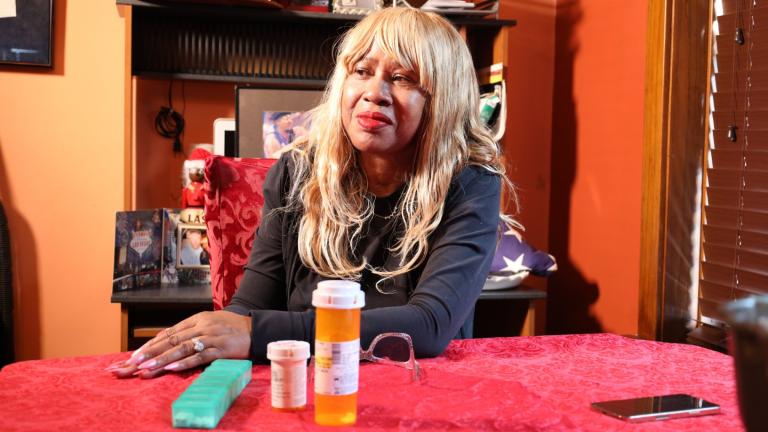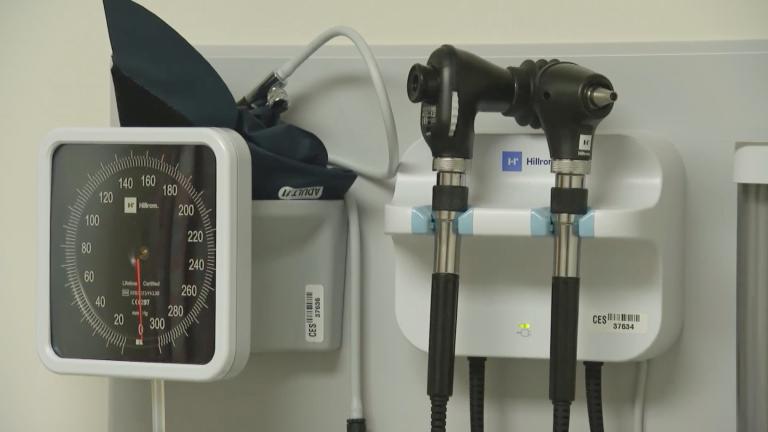Illinois is loosening its strict medical marijuana program. A law signed Tuesday by Gov. Bruce Rauner opens access to cannabis to a new raft of patients—anyone who would otherwise be prescribed an opioid.
The change is hailed by drug treatment experts as a possible way to curb deaths linked to opioid addiction.
Rauner’s agreement with Senate Bill 336 is a marked switch from his record of reticence to expanding access to medical marijuana; he’s previously rejected attempts to add maladies like post-traumatic stress disorder to the list of qualifying conditions.
“We’ve done a lot of homework for months on this issue. I am very much opposed to legalizing recreational marijuana,” he said at a press conference. “But it’s clear form the research, and I prefer to focus on evidence and research results—it’s clear that medical cannabis treats pain effectively and it is less addictive and less disruptive than opioids. Creating that option is an important step forward to improving health quality.”
The Illinois Department of Public Health anticipates it’ll be early next year before sick Illinois residents will be able to switch out OxyContin and other painkilling drugs for pot.
Other changes will take immediate effect: No longer will those applying to the medical marijuana program be required to undergo backgrounds checks and fingerprinting, a requirement that marijuana advocates say dissuaded participation.
Illinois’ medical marijuana program is a pilot, set to expire in 2020, but state Rep. Kelly Cassidy, D-Chicago, said she plans to introduce legislation in early 2019 or before to legalize marijuana for recreational use.
While Rauner is opposed, Democratic rival J.B. Pritkzer supports it.
Follow Amanda Vinicky on Twitter: @AmandaVinicky
Related stories:
New Laws Boost Treatment of Opioid Abuse, Mental Health Access
How Chicago Hospitals are Addressing the Opioid Epidemic
Is the Opioid Epidemic Leaving Chronic Pain Patients Out in the Cold?








